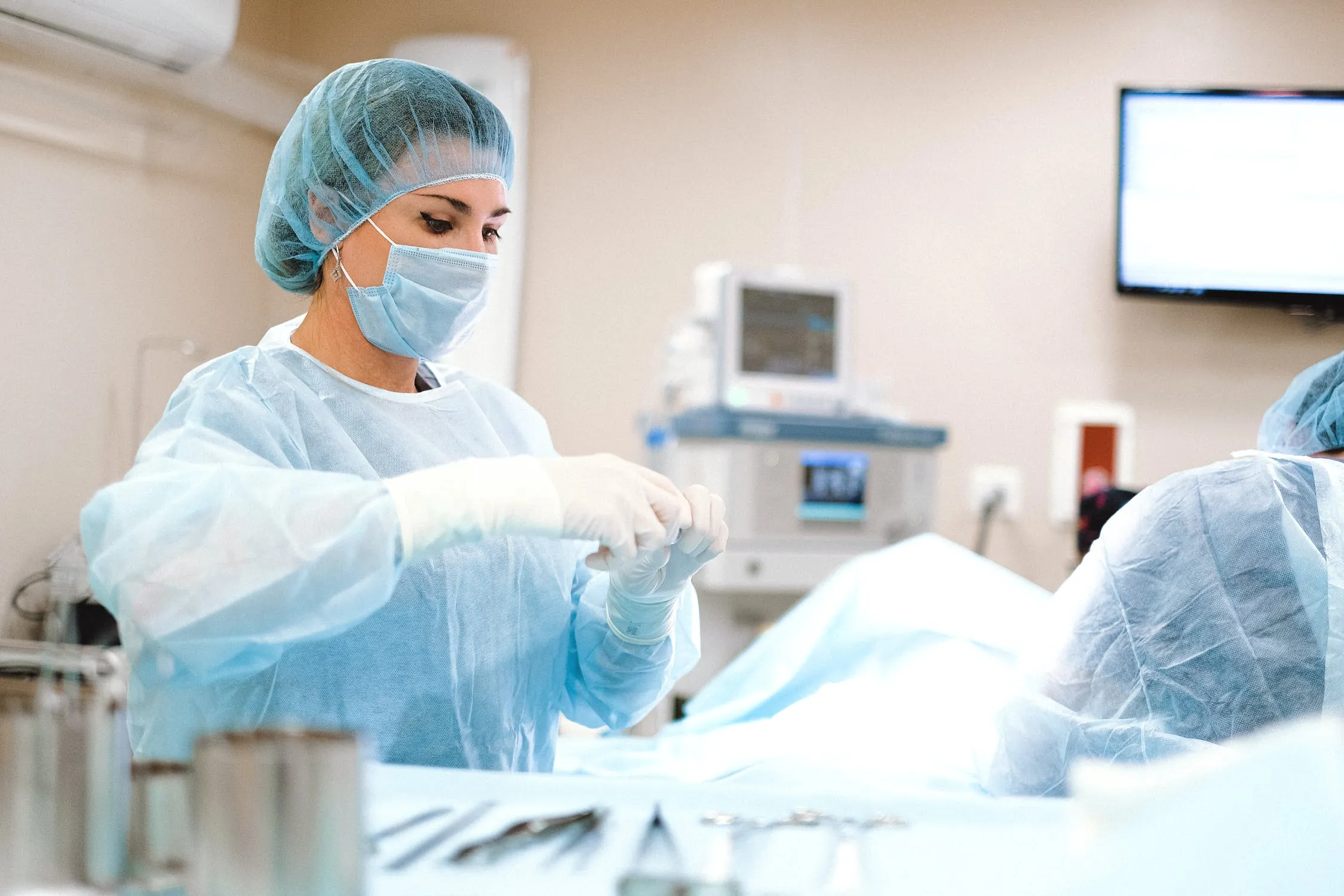What Registered Nurses Do Every Day
As a registered nurse (RN), you are at the center of patient care. Each shift brings new challenges. Whether you work in a hospital, clinic, or community health setting, your primary job is to care for patients. You monitor vital signs, administer medications, and support treatment plans. You are the link between patients and doctors, ensuring clear communication and timely interventions.
Your responsibilities also include providing emotional support. Patients look to you for guidance, comfort, and reassurance. You educate patients and families about diagnoses, recovery plans, and healthy lifestyles. This role demands critical thinking, compassion, and adaptability every single day.
Key Skills Every Registered Nurse Needs
Success as a nurse relies on a unique skill set. You need strong clinical knowledge and quick decision-making abilities. Soft skills are equally important. How you communicate can impact patient outcomes and team success.
- Critical thinking and problem solving
- Clear, compassionate communication
- Time management under pressure
- Physical and mental stamina
- Attention to detail for patient safety
- Adaptability to fast-changing situations
A Typical Shift for a Registered Nurse
Your shift may start at dawn or deep into the night. Nursing is a 24/7 job. Each day begins with a thorough handoff report from the previous team. You check equipment, review patient charts, and plan your tasks.
Throughout the day, you assess patient conditions, administer treatments, and document everything. You might help move patients, draw blood, respond to emergencies, or support families in crisis. Every task matters. Collaboration is key, as you work alongside doctors, therapists, and other healthcare professionals.
At the end of your shift, you update charts, complete paperwork, and share patient updates with the next team. No two days are ever the same in nursing.
Popular Work Environments for Registered Nurses
Registered nurses work in many healthcare settings. Your career path can lead down many different routes, each with unique challenges and rewards.
- Hospitals (emergency, surgery, ICU, maternity, pediatrics)
- Primary care and specialty clinics
- Nursing homes and long-term care facilities
- Home healthcare services
- Schools and community health centers
- Telehealth and remote patient monitoring roles
These environments offer diverse experiences, so you can choose an area that matches your passion and lifestyle needs.
Education, Licensure, and Training You Need
To become a registered nurse, you must follow an accredited education path. Most RNs earn an Associate Degree in Nursing (ADN) or a Bachelor of Science in Nursing (BSN). Passing the National Council Licensure Examination for Registered Nurses (NCLEX-RN) is mandatory in every state.
- Complete an accredited nursing program (ADN or BSN)
- Pass the NCLEX-RN exam
- Obtain state licensure
- Pursue continuing education and certifications
Specialty certifications help you advance in fields such as critical care, pediatric nursing, or oncology. Lifelong learning is essential in nursing due to continuous changes in technology and patient care standards.
Work-Life Balance and Career Outlook for Nurses
Nursing can be demanding, but it also offers flexibility. You might choose day, night, or rotating shifts. Many nurses work three 12-hour shifts per week, giving you more days off. Some roles offer part-time or remote options, especially in telehealth.
The outlook for RNs is strong. According to the U.S. Bureau of Labor Statistics, the median annual wage for registered nurses was $81,220 in 2022 [source]. Job growth is projected at 6% through 2032, faster than average for all occupations. The demand for healthcare workers continues to rise as the population ages and healthcare needs increase.
Challenges Registered Nurses Face
Life as a nurse can be stressful. You must manage long shifts, physically demanding work, and difficult emotional situations. Staffing shortages and heavy patient loads add to the pressure.
Despite these challenges, nursing remains one of the most trusted and respected professions in America. Many nurses find deep personal fulfillment in helping others, making a real difference in their communities every day.
Frequently Asked Questions
What does a registered nurse do?
A registered nurse assesses patients, administers treatments, coordinates care, and provides education and emotional support to patients and families.
How do you become a registered nurse?
You need to complete an accredited nursing program, pass the NCLEX-RN exam, and get licensed in your state.
What is the average salary for a registered nurse?
The median annual wage for registered nurses in the U.S. is $81,220 as of 2022.
What hours do registered nurses work?
Registered nurses often work 8- or 12-hour shifts, including days, nights, weekends, and holidays.
Where do registered nurses work?
Registered nurses work in hospitals, clinics, nursing homes, home health, schools, and community health centers.













.svg)



